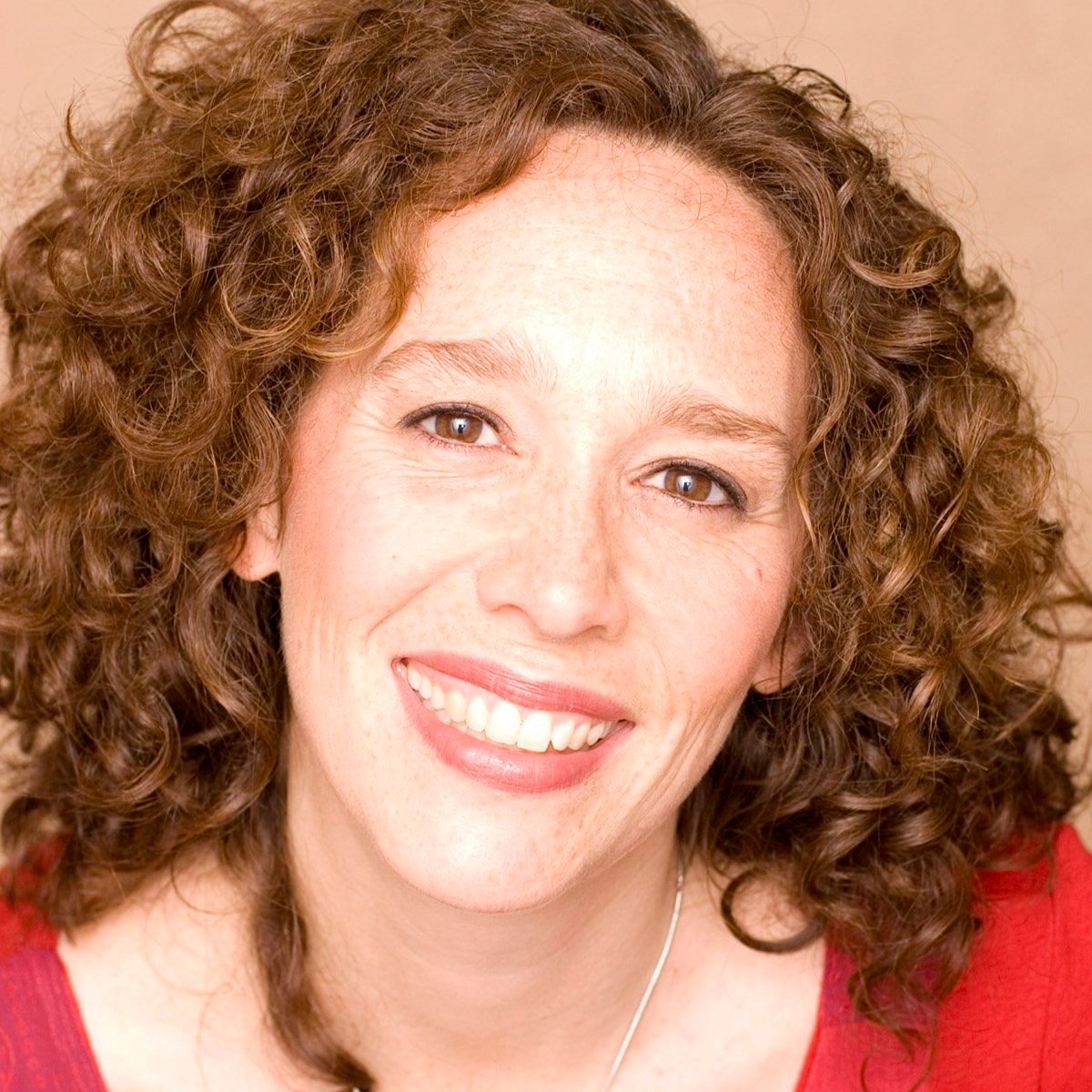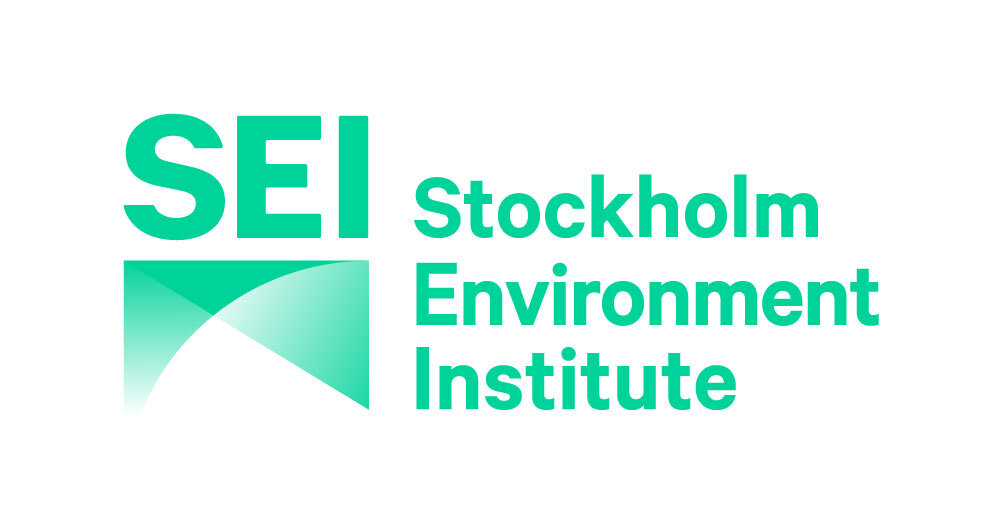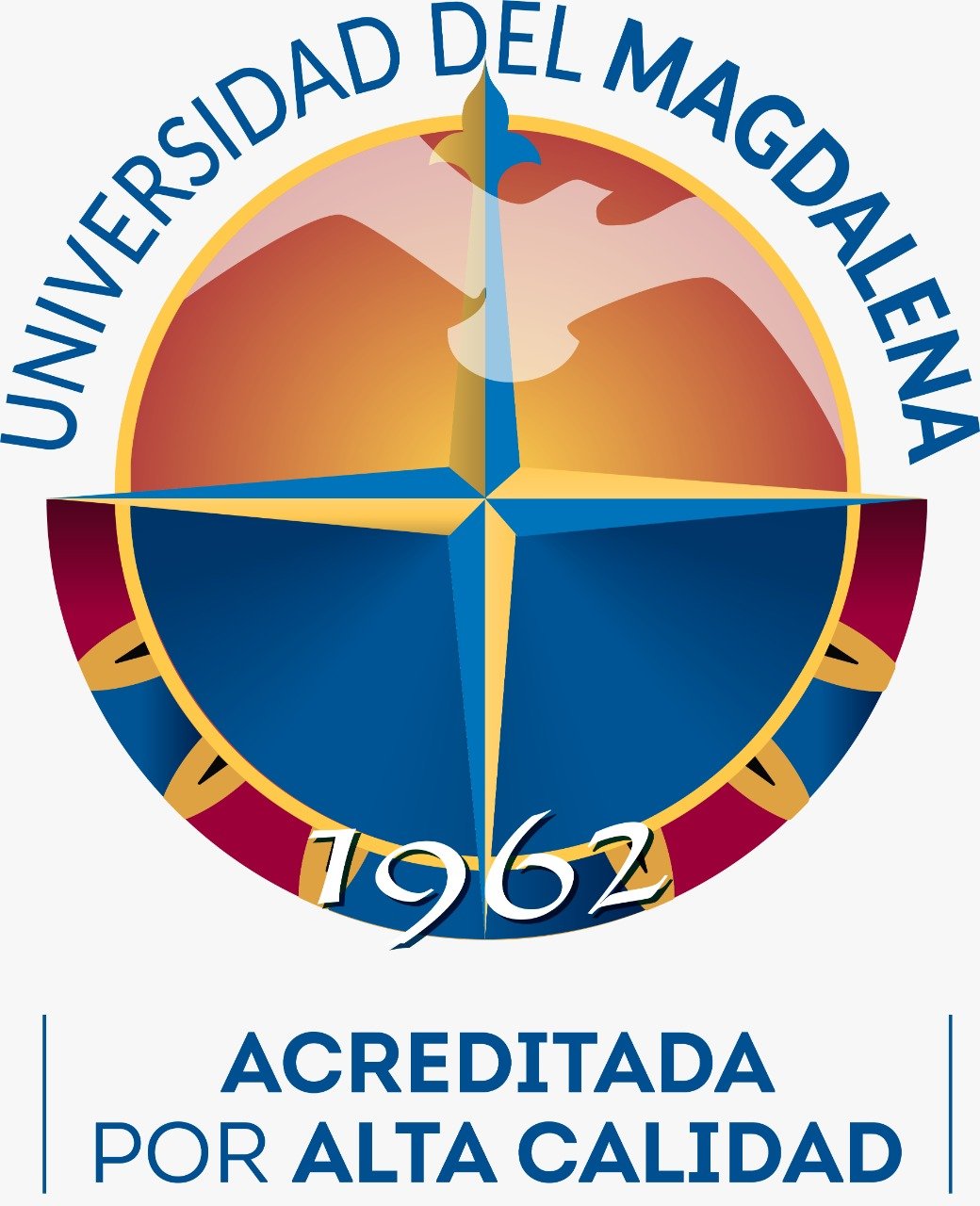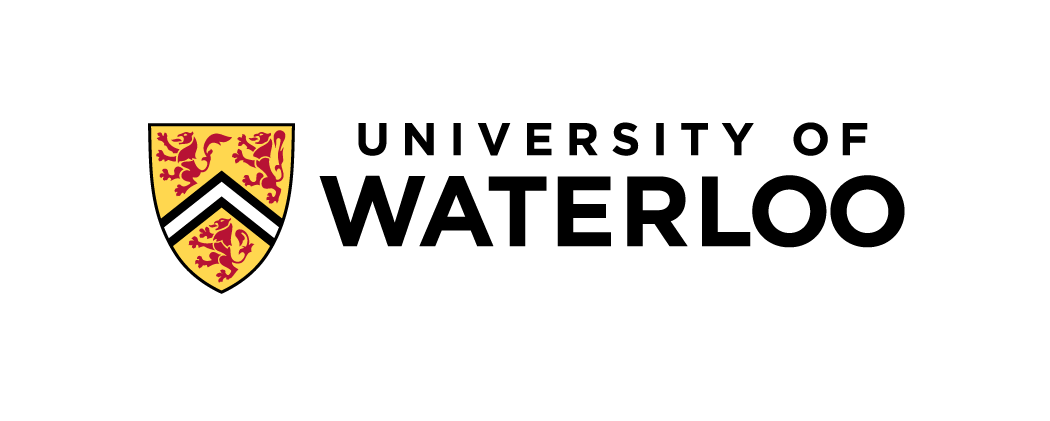conference co-chairs
-
Elisa Arond is a research fellow at SEI - Latin America in Bogotá, Colombia, where she also leads the Just Energy Transitions group. Focusing on fossil fuel-producing regions in Colombia and Latin America, Elisa’s research unites fossil fuel production, carbon lock-in and extractive industries governance with sustainability transitions and regional science, technology and innovation policy to support inclusive transitions from fossil fuels.
She has worked as a researcher and consultant with various universities, private foundations, international NGOs, government agencies and grassroots groups. Elisa has a PhD and MA in Geography from Clark University (US), an MSc in Science and Technology for Sustainability from the University of Sussex (UK) and a BSc in Biology from the University of Massachusetts Amherst (US).
-
Miquel Muñoz Cabré is a senior scientist at SEI US. His research focuses on aligning national policies with the Paris Agreement and a clean, equitable energy transition.
Prior to joining SEI in 2021, Miquel was the William R. Moomaw Visiting Assistant Professor of International Energy and Resource Policy at the Fletcher School, Tufts University, as well as a senior research scholar at Boston University’s Global Development Policy Center. Before that, Miquel was a program officer at the International Renewable Energy Agency (IRENA).
Miquel was a Fulbright Scholar and holds a PhD in environmental science and public policy, a master’s degree in international relations and environmental policy, and a master’s degree in environmental management and ecological economics, as well as a bachelor’s degree in physics. He speaks English, Catalan, Spanish and French.
steering committee
-
Maryati Abdullah serves as as a member of the advisory board for the Brookings Institution’s Leveraging Transparency to Reduce Corruption program, which combats corruption in the natural resource value chain, as well as the global envoy for Open Government Partnership.
She also works as a program officer for Natural Resources & Climate Change in the Ford Foundation office in Jakarta, Indonesia. She has more than 12 years of experience working on transparency and accountability, economic development and governance in the extractive industries (oil, gas, mineral and coal) and energy sector.
Prior to joining the Foundation, Maryati spent eight years as a national coordinator/director for Publish What You Pay (PWYP) Indonesia and as Asia Pacific representative at PWYP global council. She pioneered the establishment of Extractive Industries Transparency Initiative (EITI) Indonesia and sat on the multi-stakeholder implementing body at the Coordinating Ministry of Economic Affairs.
Maryati was also involved in the launching of Open Government Partnership (OGP) in Indonesia – a multilateral initiative for openness, innovation, and championing cross-sector leaders – and sat as a core team member in the President Delivery Unit from 2011–2013, in addition to serving as a steering committee member of OGP Global. Before that, she was the program manager and extractive industries specialist at PATTIRO, an organization that focuses on good governance, transparency and accountability, and a research and development manager for Parliament Watch (PARWI).
Maryati has a Master of Economics in development planning and public policy (majoring in economic globalization) from University of Indonesia, and a B.A. in chemistry from University of Gadjah Mada (UGM) in Yogyakarta.
-
Tzeporah Berman has been designing and winning environmental campaigns in Canada and internationally for 30 years. She currently is international program director at Stand.earth, the chair of the Fossil Fuel Non-Proliferation Treaty Committee and the co-founder of the Global Gas & Oil Network. She is the former co-director of Greenpeace International's Climate and Energy Program, the co-founder of ForestEthics and the author of This Crazy Time: Living Our Environmental Challenge.
She is an adjunct professor of York University Faculty of Environmental Studies and in 2013 was awarded an Honorary Doctorate from the University of British Columbia. In 2019, Tzeporah received the Climate Breakthrough Project Award and in 2021, she gave a widely-viewed TED Talk presenting the case for a global treaty to phase out fossil fuels.
-
Jesse Burton is a senior researcher in the Energy Systems Research group at the University of Cape Town and a senior associate at global thinktank E3G, where she provides analysis and policy advice on coal transitions globally. She specializes in coal and electricity markets and energy and climate change policy in South Africa. Her research focuses on the challenges and opportunities of the energy transition for coal-dependent countries, including just transition strategies.
Her research has quantified and examined the politics of fossil fuel subsidies in South Africa, the costs, risks and greenhouse gas implications of future coal investments, stranded assets, the economics of coal-fired power and coal mining, the labour impacts of the coal transition, and strategic planning for implementing a just transition for coal workers and communities in South Africa.
-
Ben Caldecott is the founding director of the Oxford Sustainable Finance Group at the University of Oxford Smith School of Enterprise and the Environment. At the University of Oxford, he is the inaugural Lombard Odier Associate Professor and Senior Research Fellow of Sustainable Finance, the first-ever endowed professorship of sustainable finance, and a Supernumerary Fellow at Oriel College.
Ben is also the founding director and principal investigator of the UK Centre for Greening Finance & Investment (CGFI), established by UK Research and Innovation in 2021 as the national centre to accelerate the adoption and use of climate and environmental data and analytics by financial institutions internationally.
-
Andrea Cardoso is a professor in the Business and Economics Faculty of the University of Magdalena, Santa Marta, Colombia, where she also serves as director of the Energy Transitions students' research group.
She holds a European Joint Master's degree in Water and Coastal Management from the University of Plymouth, U.K., and Cadiz University, Spain. She received her MSc and PhD in environmental studies from the Institute of Environmental Science and Technology, Autonomous University of Barcelona.
Andrea’s research addresses the political ecology of the global coal chain, just transition and climate justice.
-
Angela V. Carter, PhD, is an Associate Professor at the Department of Political Science and Balsillie School of International Affairs, University of Waterloo, Canada, and an Energy Transitions Specialist with the International Institute for Sustainable Development's (IISD) Canada Energy Transitions team. She is the author of Fossilized: Environmental Policy in Canada’s Petro-Provinces (UBC, 2020), recipient of the 2021 Donald Smiley Prize for the best book on the study of government and politics in Canada.
Carter is now extending this work in an international comparative project focused on understanding and amplifying national bans on fossil fuel extraction.
-
Navroz K. Dubash is a Professor at the Centre for Policy Research, a New Delhi-based think-tank and an adjunct senior research fellow at the National University of Singapore’s Lee Kuan Yew School of Public Policy.
He has been actively engaged in global and national debates on climate change, air quality, energy and water as a researcher, policy advisor and activist for more than 25 years.
Navroz is a coordinating lead author for the chapter on policies and institutions for the Sixth Assessment Report of the Intergovernmental Panel on Climate Change and has worked to inform and advise Indian government policy-making on climate change, energy, and air and water policy over the last decade. In the early 1990s, he helped establish the global Climate Action Network as its first international coordinator.
-
Paul Ekins has a PhD in economics from the University of London and is professor of resources and environmental policy and director of the Institute for Sustainable Resources at University College London. He was Deputy Director of the UK Energy Research Centre from 2014-2019.
He has extensive experience consulting for business, government and international organisations. Paul’s academic work, published in numerous books, articles and scientific papers, focuses on the conditions and policies for achieving an environmentally sustainable economy. He was a co-author of both articles on unburnable and unextractable carbon in Nature. His co-edited books related to energy include Global Warming and Energy Demand (Routledge, 1995), Carbon-Energy Taxation: Lessons from Europe (Oxford University Press, Oxford, 2009), Energy 2050: the Transition to a Secure, Low-Carbon Energy System for the UK (Earthscan, London, 2011); and Global Energy: Issues, Potentials and Policy Implications (Oxford University Press, Oxford, 2015).
In the UK New Year’s Honours List for 2015 he received an OBE for services to environmental policy.
-
Peter Erickson is a senior scientist and the climate policy program director at Stockholm Environment Institute’s US Center. His research has focused on carbon markets, low-carbon cities and, in recent years, the role of reducing fossil fuel production in limiting global warming.
His research on oil markets, in particular, has been published in Nature and other scientific journals and been cited by courts in the United States (regarding leasing of public lands for oil extraction) and the Netherlands (regarding the Royal Dutch Shell climate case).
-
Vibhuti Garg is an energy economist with more than 16 years of experience in the energy sector. Her work includes promoting sustainable development through influencing policy intervention on energy pricing, subsidy reforms, enhancing clean energy access, access to capital and private participation in various areas of the energy sector.
Her work includes providing decarbonization pathways for India’s energy sector, including its impact on environment, air pollution, jobs; promoting clean energy solutions for the agriculture sector by adopting water-energy-food nexus approach; enhancing national and international understanding of India’s progress; and helping inform governments and financial institutions globally about the pace and opportunities of reforms in India.
-
Frank Jotzo is professor of environmental economics at the Australian National University’s Crawford School of Public Policy, and head of energy at the ANU Institute for Climate, Energy and Disaster Solutions. His research and project leadership spans economics of decarbonization, net zero emissions systems, policy instruments for climate policy, and international dimensions of climate and energy.
He has advised governments and international organizations on economic and policy dimensions of climate change, is a lead author with the Intergovernmental Panel on Climate Change and is joint editor-in-chief of the academic journal Climate Policy.
-
Georgia Piggot is a Lecturer in the School of Environment at the University of Auckland and an SEI Affiliated Researcher with SEI US. She is an environmental sociologist with more than 10 years of experience in research, teaching and public policy on climate change and sustainability.
Before becoming an Affiliated Researcher, Georgia was an SEI senior scientist, based in the SEI US Seattle office. Her research interests lie in the social and institutional dimensions of these climate mitigation challenges.
Prior to joining SEI, Georgia researched and taught on climate change and natural resource issues in the Department of Sociology at the University of British Columbia. She has also worked on sustainable development projects at the University of Brighton, and helped deliver biodiversity and climate policy for the State Government of Victoria, Australia.
Georgia holds a BSc in Ecology from the University of Otago, a Master of Environmental Management from the University of Queensland and a PhD in Sociology from the University of British Columbia.
-
Roberto Schaeffer is a full professor of energy economics at the Energy Planning Program, Federal University of Rio de Janeiro, Brazil, with some 150 master's/doctoral theses supervised. He holds a PhD in Energy Policy from the University of Pennsylvania, where he also worked as a visiting professor and lecturer on different occasions.
Roberto works in the field of Integrated Assessment Models (IAMs) for climate mitigation. He has collaborated with the United Nations Intergovernmental Panel on Climate Change (IPCC) since 1998. Since 2013, he has regularly participated as a lead author of the UNEP Gap Reports and since 2019 participates as a lead author of the UNEP Production Gap Reports. Roberto has been associate editor of Energy - The International Journal since 1999 and has published more than 150 articles in high-ranking scientific journals, including Nature, Nature Climate Change, Nature Communications, Nature Energy, Nature Sustainability and Science.
He is a member of the Brazilian Academy of Sciences, and recipient of the IAMC Award for Extraordinary Contribution to the Field of IAM in 2020.
-
Harro van Asselt is a professor of climate law and policy with the University of Eastern Finland (UEF) Law School and visiting research fellow with Utrecht University’s Copernicus Institute of Sustainable Development. He is an expert on interactions between international climate change governance and other fields of international governance.
Van Asselt worked at the Stockholm Environment Institute (SEI), where he co-led the SEI Initiative on Fossil Fuels and Climate Change, and where he remains an affiliated researcher. He has published widely, including in journals such as Nature, Science, Nature Climate Change and the American Journal of International Law. He is also editor of the Review of European, Comparative & International Environmental Law.
-
Fang Zhang is assistant professor at the School of Public Policy and Management at Tsinghua University (Beijing, China). She was a postdoctoral research fellow at the Belfer Center’s Project on Energy Innovation and Decarbonization Project at Harvard University (US).
She holds a PhD in international affairs from the Fletcher School at Tufts University (US). She also holds another PhD in public administration from School of Public Policy and Management, Tsinghua University. Her research topics include climate policy analysis, clean energy innovation, green finance and technology transfer.
Conference team
-
Inès Bakhtaoui joined SEI Oxford in June 2020 as Research Associate.
As a member of SEI’s OnCliNe project, she is exploring the role that online technologies can play in making the UN Climate Change negotiations more transparent, effective and inclusive. She is also working on the subject of climate finance for loss and damage, and examining ways to integrate these issues into wider agendas at the international level. In addition, she is among a group of researchers analysing the effectiveness of climate change adaptation interventions.
Inès holds a MEng in Civil Engineering from l’Ecole des Mines de Saint-Etienne (France) and a MSc in Climate Change Management and Finance from Imperial College London. There, she wrote her thesis on catastrophe bonds and their suitability as a mechanism of risk transfer in low- and middle-income countries, and whether their use could increase financing for climate change-induced disasters.
-
Lynsi Burton is a Communications Officer based in the SEI US Seattle office.
She edits SEI publications, writes feature stories on researchers’ work, assists in web and social media management and performs events outreach. She hopes you’ll follow conference highlights on Twitter at #FFCC22. Also give her a follow at @Lynsi_climate for conference updates and the latest in SEI research.
Lynsi spent most of her career as a news reporter, from covering the US Capitol as an intern in Washington, D.C., to reporting local news in towns small and large throughout western Washington state. Her journalism career culminated in six years at SeattlePI, reporting breaking news, crime, and social justice issues.
Lynsi holds a B.A. in Political Science from Washington State University, where she spent most of her time writing, editing, and managing staff at The Daily Evergreen.
-
Austin is a first-year Master’s degree candidate at The Fletcher School, Tufts University. Currently working as a research assistant at the Climate Policy Lab (CPL) at Tufts University, Austin’s research focuses broadly on energy transition and climate change policy.
Austin previously worked as a research assistant intern at the Overseas Development Institute (ODI) in London, providing research support for the International Economic Development Group. Austin is a recent graduate of Boston University, where he received his degree with honors in Political Science and International Relations in 2021.


































